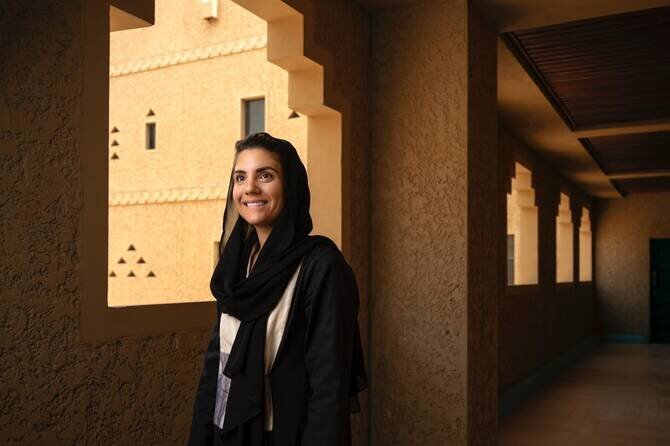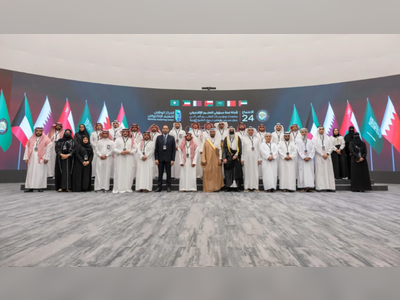
Madinah's Culinary Heritage Gains Global Recognition with UNESCO Membership
Saudi city becomes the second member from the Kingdom in the gastronomy field, following Buraidah.
RIYADH: Madinah has been recognized as a member of the UNESCO Creative Cities Network in the field of gastronomy, marking it as the second Saudi city to achieve this distinction after Buraidah.
The announcement came on World Cities Day, celebrated on Oct. 31.Mayada Badr, CEO of the Culinary Arts Commission, highlighted the commission's efforts to establish a globally recognized and sustainable brand for Madinah’s cuisine.
"Building a global culinary brand serves as the backbone for sustainably boosting tourism and empowering local producers," she explained.Madinah attracts millions of visitors annually, drawing upon its agricultural heritage and centuries-old cultural exchange influenced by historic trade and pilgrimage routes.
The city aims to rebrand itself not just as a religious destination but also as a global cultural and culinary hub, enhancing tourism by attracting diverse visitors for extended stays and higher spending.Supporting local producers is crucial for maintaining the unique flavor profile of Madinah’s cuisine, utilizing high-quality ingredients like Ajwa dates and traditional herbs.
This practice benefits farmers and families economically while preserving the region's rich gastronomic heritage.
The success of this approach could be replicated in other Saudi cities to foster growth and empower small-scale food producers.The recognition supports local economic development through small and medium enterprises specializing in traditional foods.
Madinah has already initiated its first culinary market, Al-Tabakha, encouraging collaboration between the public and private sectors.
The goal is to expand similar markets across the Kingdom, enabling local families to share their stories and sell directly to both national and international audiences.Badr emphasizes that the benefits of UNESCO recognition should be felt by the community at large, leading to increased business opportunities and higher incomes for small vendors and entrepreneurs.
"We seek for each ordinary citizen to experience this international recognition as real gains," she said.The UNESCO Creative Cities Network, established in 2004, focuses on innovation as a catalyst for sustainable urban development.
The announcement came on World Cities Day, celebrated on Oct. 31.Mayada Badr, CEO of the Culinary Arts Commission, highlighted the commission's efforts to establish a globally recognized and sustainable brand for Madinah’s cuisine.
"Building a global culinary brand serves as the backbone for sustainably boosting tourism and empowering local producers," she explained.Madinah attracts millions of visitors annually, drawing upon its agricultural heritage and centuries-old cultural exchange influenced by historic trade and pilgrimage routes.
The city aims to rebrand itself not just as a religious destination but also as a global cultural and culinary hub, enhancing tourism by attracting diverse visitors for extended stays and higher spending.Supporting local producers is crucial for maintaining the unique flavor profile of Madinah’s cuisine, utilizing high-quality ingredients like Ajwa dates and traditional herbs.
This practice benefits farmers and families economically while preserving the region's rich gastronomic heritage.
The success of this approach could be replicated in other Saudi cities to foster growth and empower small-scale food producers.The recognition supports local economic development through small and medium enterprises specializing in traditional foods.
Madinah has already initiated its first culinary market, Al-Tabakha, encouraging collaboration between the public and private sectors.
The goal is to expand similar markets across the Kingdom, enabling local families to share their stories and sell directly to both national and international audiences.Badr emphasizes that the benefits of UNESCO recognition should be felt by the community at large, leading to increased business opportunities and higher incomes for small vendors and entrepreneurs.
"We seek for each ordinary citizen to experience this international recognition as real gains," she said.The UNESCO Creative Cities Network, established in 2004, focuses on innovation as a catalyst for sustainable urban development.










